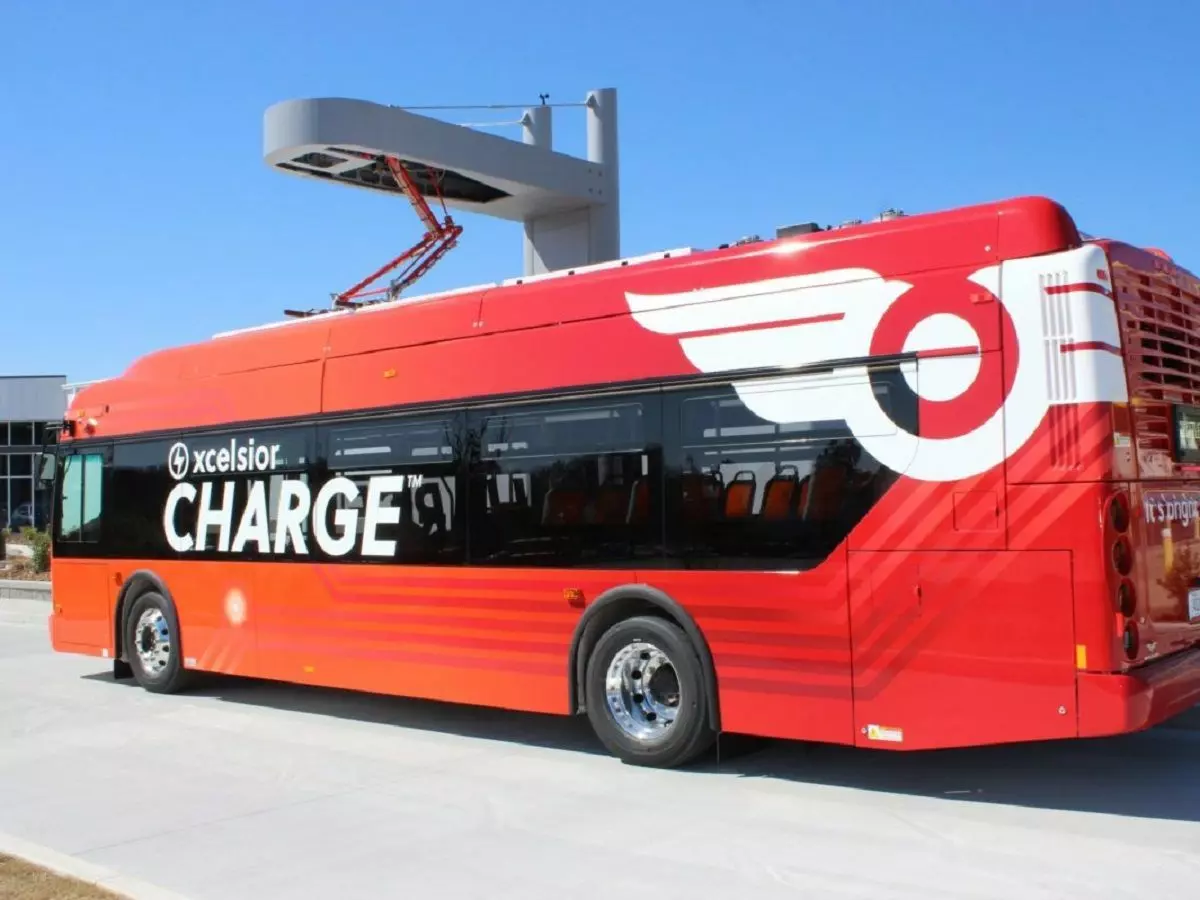Here Is How You Run A Completely Green Bus Fleet For A City
Portland a city in Oregon US is transitioning to a completely green bus fleet for its mass transit. TriMet started inducting a clean energy bus fleet last week as its first ever. The new fleet is powered by the city&rsquos own Clean Wind program.

Portland, a city in Oregon, U.S. is transitioning to a completely green bus fleet for its mass transit. For this, the city¡¯s public transport agency TriMet started inducting a clean energy bus fleet last week as its first ever. But how does it differ from all the other electric buses running in the U.S.? The new fleet is powered by the city¡¯s own Clean Wind program.
TriMet and Portland General Electric (PGE) are the two bodies responsible for the completely clean transportation setup in the city. While TriMet has appointed the new electric buses in the city¡¯s fleet, PGE runs the Clean Wind program that powers these buses. The two bodies made the announcement last week, which is ¡°believed to be a transit industry first in the United States.¡±
The electric buses used for this have been supplied by New Flyer. The 40 foot version of the company¡¯s Xcelsior Charge battery electric buses have been used. While the city transport agency has started with one of the buses, four more are scheduled to be inducted soon into the fleet. Interestingly, all the five electric buses will run on the same route for the time being. TriMet has justified this:
¡®This route ¡ª which runs from 5 a.m. to 11 p.m., covers 13 miles and climbs nearly 700 feet in elevation ¡ª will allow us to test these buses under tough, real-world conditions. We¡¯ll get a sense of overall performance, how these buses handle everyday wear-and-tear and what maintenance schedules should be.¡¯

Xcelsior Charge Electric Bus (Representative Image: New Flyer)
Also read: Rise In EVs Leading To More Than 70% Demand Surge Of Lithium YoY, Says A New Report
In short, it is the perfect route for testing the new electric buses, which, if found viable and economic, will be used in a system-wide expansion. Though TriMet states that it will also consider other alternative fuel buses to replace its diesel fleet. Hence, the agency has been using the term ¡®non-diesel¡¯ instead of ¡®electric¡¯, which it has committed to by 2040.
Inducting electric buses in a region¡¯s transit system is nothing new but powering it through a completely clean energy system is a concept that is not very widespread as of now. That is part of the point which can be learnt from Portland. While several countries are working towards procuring their energy requirements through clean sources, those who already have such means in place can already start using them for an absolutely zero-emission transport.
